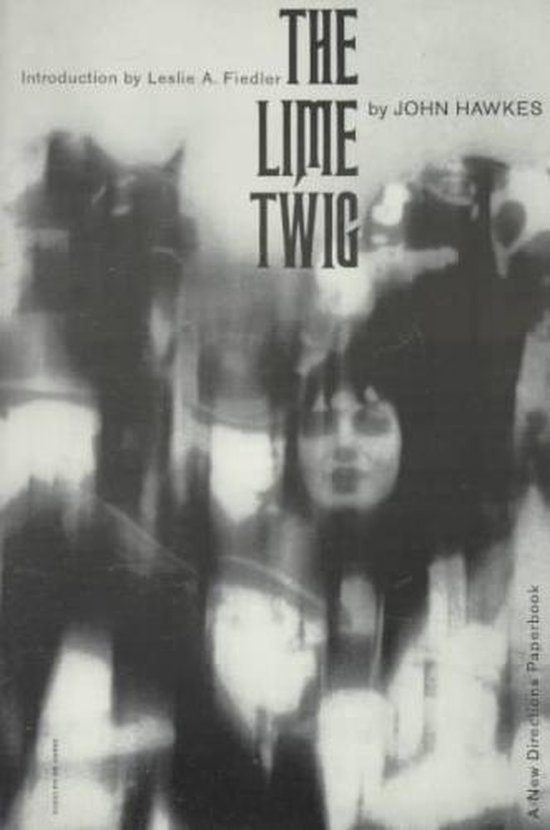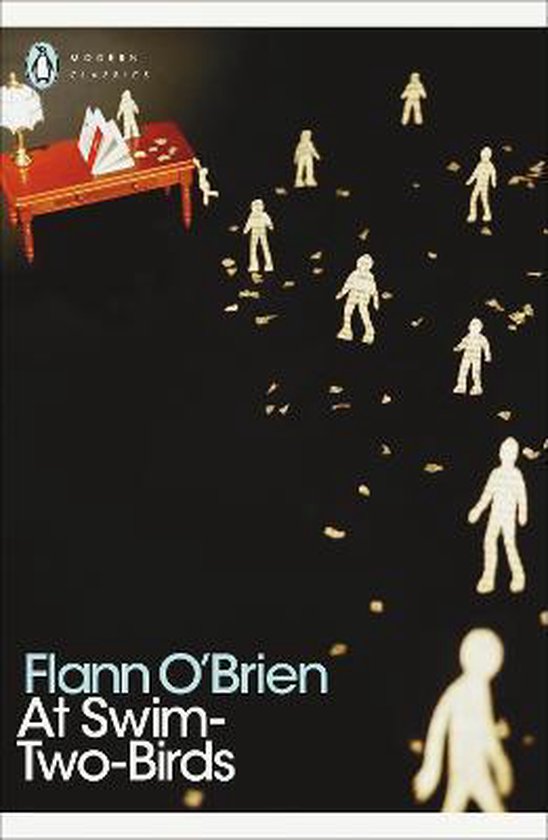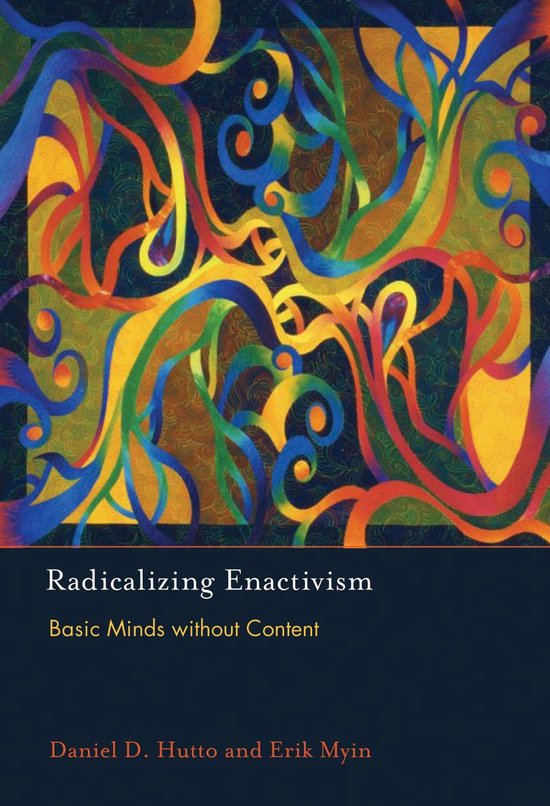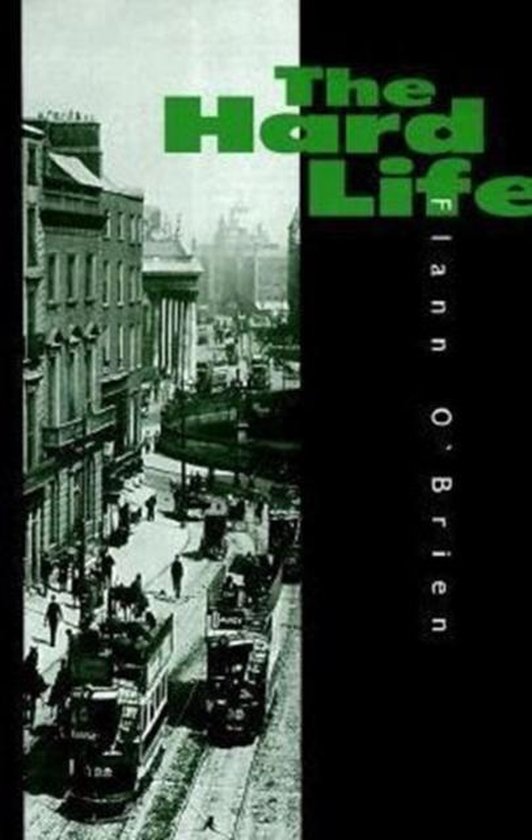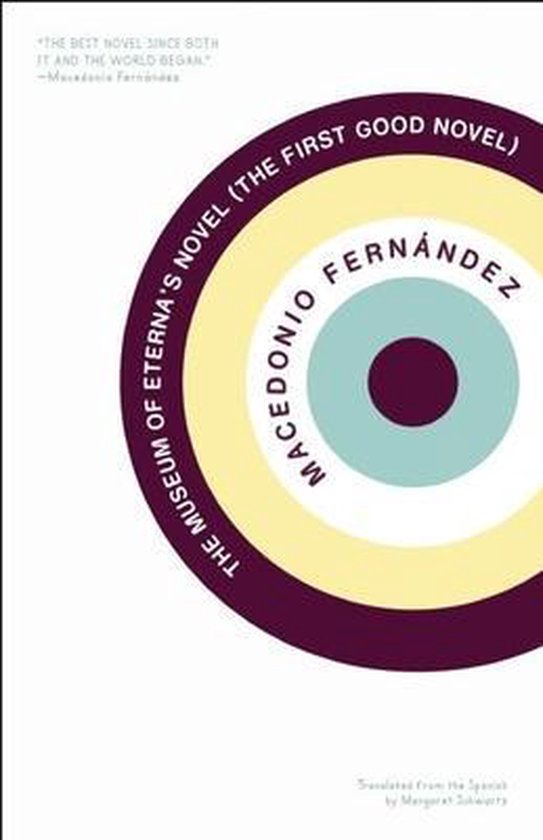
Museum Of Eterna'S Novel
''I imitated him, to the point of transcription, to the point of devoted and impassioned plagiarism. I felt: Macedonio is metaphysics, is literature. Whoever preceded him might shine in history, but they were all rough drafts of Macedonio, imperfect previous versions. To not imitate this canon would have represented incredible negligence.''Jorge Luis Borges
The Museum of Eterna's Novel (The First Good Novel) is the very definition of a novel written ahead of its time. Macedonio (known to everyone by his unusual first name) worked on this novel in the 1930s and early '40s, during the heyday of Argentine literary culture, and around the same time that At Swim-Two-Birds was published, a novel that has quite a bit in common with Macedonio's masterpiece.
In many ways, Museum is an ''anti-novel.'' It opens with more than fifty prologuesincluding ones addressed ''To My Authorial Persona,'' ''To the Critics,'' and ''To Readers Who Will Perish If They Don't Know What the Novel Is About''that are by turns philosophical, outrageous, ponderous, and cryptic. These pieces cover a range of topics from how the upcoming novel will be received to how to thwart ''skip-around readers'' (by writing a book that defies linearity!).
The second half of the book is the novel itself, a novel about a group of characters (some borrowed from other texts) who live on an estancia called ''la novella'' . . .
A hilarious and often quite moving book, The Museum of Eterna's Novel redefined the limits of the genre, and has had a lasting impact on Latin American literature. Authors such as Jorge Luis Borges, Julio Cortázar, and Ricardo Piglia have all fallen under its charm and high-concepts, and, at long last, English-speaking readers can experience the book that helped build the reputation of Borges's mentor.
Macedonio Fernández was one of the most influentialand strangestArgentine authors ever. He was Borges's mentor; he campaigned for president by leaving notecards with the word ''Macedonio'' in cafes; he started a utopian society. He also wrote the ''Last Bad Novel'' (Adriana Buenos Aires) and the ''First Good One'' (The Museum of Eterna's Novel).
Margaret Schwartz is an assistant professor at Fordham University. She was a Fulbright fellow to Argentina in 2004, during which time she researched the life and works of Macedonio Fernández.
Adam Thirlwell is the author of the novels Politics and The Escape. His book about literature and translation, The Delighted States, won the Somerset Maugham Award in 2008. He has twice been named as one of Granta's ''Best Young British Novelists.''
The Museum of Eterna's Novel (The First Good Novel) is the very definition of a novel written ahead of its time. Macedonio (known to everyone by his unusual first name) worked on this novel in the 1930s and early '40s, during the heyday of Argentine literary culture, and around the same time that At Swim-Two-Birds was published, a novel that has quite a bit in common with Macedonio's masterpiece.
In many ways, Museum is an ''anti-novel.'' It opens with more than fifty prologuesincluding ones addressed ''To My Authorial Persona,'' ''To the Critics,'' and ''To Readers Who Will Perish If They Don't Know What the Novel Is About''that are by turns philosophical, outrageous, ponderous, and cryptic. These pieces cover a range of topics from how the upcoming novel will be received to how to thwart ''skip-around readers'' (by writing a book that defies linearity!).
The second half of the book is the novel itself, a novel about a group of characters (some borrowed from other texts) who live on an estancia called ''la novella'' . . .
A hilarious and often quite moving book, The Museum of Eterna's Novel redefined the limits of the genre, and has had a lasting impact on Latin American literature. Authors such as Jorge Luis Borges, Julio Cortázar, and Ricardo Piglia have all fallen under its charm and high-concepts, and, at long last, English-speaking readers can experience the book that helped build the reputation of Borges's mentor.
Macedonio Fernández was one of the most influentialand strangestArgentine authors ever. He was Borges's mentor; he campaigned for president by leaving notecards with the word ''Macedonio'' in cafes; he started a utopian society. He also wrote the ''Last Bad Novel'' (Adriana Buenos Aires) and the ''First Good One'' (The Museum of Eterna's Novel).
Margaret Schwartz is an assistant professor at Fordham University. She was a Fulbright fellow to Argentina in 2004, during which time she researched the life and works of Macedonio Fernández.
Adam Thirlwell is the author of the novels Politics and The Escape. His book about literature and translation, The Delighted States, won the Somerset Maugham Award in 2008. He has twice been named as one of Granta's ''Best Young British Novelists.''
| Auteur | | Macedonio Fernández |
| Taal | | Engels |
| Type | | Paperback |
| Categorie | | Literatuur & Romans |
